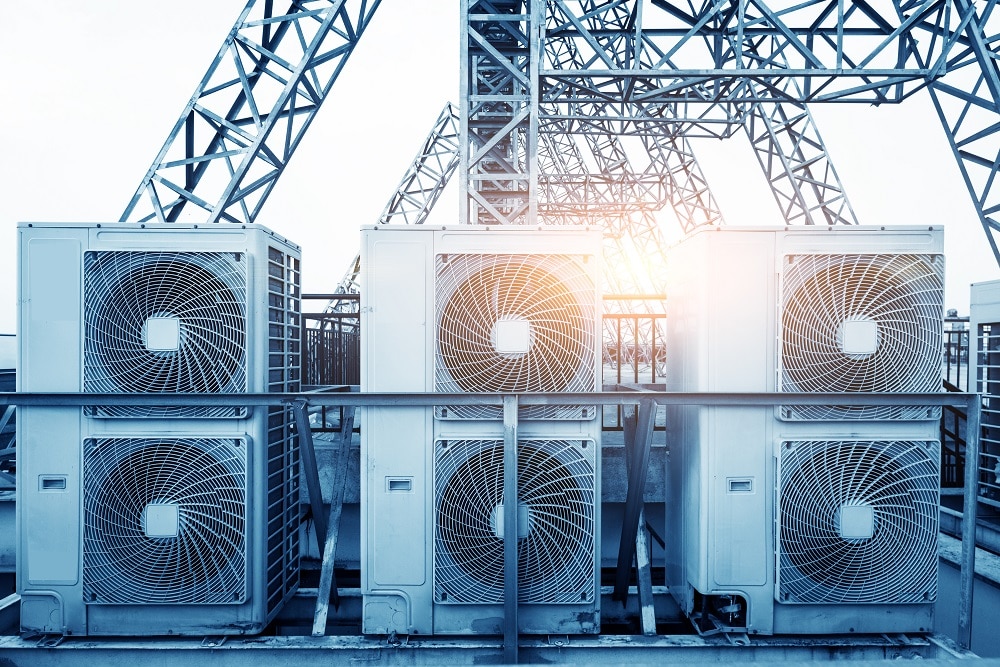Modern HVAC Systems: Past and Present
December 26, 2018

CFCs and Government Action
Due to the fact that many early air conditioning systems utilized flammable and toxic vapors to provide cooling, their efficacy was restricted. Thomas Midgley, Jr. invented the initial chlorofluorocarbons (CFC) for refrigeration system use. This was known popularly by the brand name Freon and improved the reliability and safety of refrigeration and air conditioning systems greatly. 1970s scientific studies began showing how the release of CFCs into the atmosphere was exhausting ozone levels within the stratosphere.
This resulted in higher levels of harmful solar ultraviolet radiation connecting with the surface of the earth. Due to government intervention, all CFC and related chemical use have been prohibited. Modern non-ozone-depleting gases have been produced and are being designed for HVAC systems existing on the market today.
Ventilation Advancements
Our judgment of well-engineered HVAC systems was improved even more after the 1984 study on Sick Building Syndrome (SBS) by the World Health Organization (WHO). SBS was discovered to occur from poor indoor air quality. Several solutions have been created to prevent this situation from arising. Suitable HVAC maintenance guidelines can serve to prevent SBS.
The application of air-to-air heat exchangers can also be used to heighten the levels of fresh air that’s circulated through a building with no drops in energy efficiency. The prevailing advisory from the American Society of Heating, Refrigeration & Air Conditioning Engineers says 8.4 exchanges of air in a 24-hour period is sufficient. With higher prices of energy one of the main focuses of research, it’s enhancing the energy economy of today’s HVAC systems.
VP Mechanical is a Chicagoland area commercial mechanical HVAC servicer for clients with a high-level attention to quality. We handle the design and installation of commercial HVAC systems from small to large. Talk with one of our expert technicians at (847) 468-9122.
